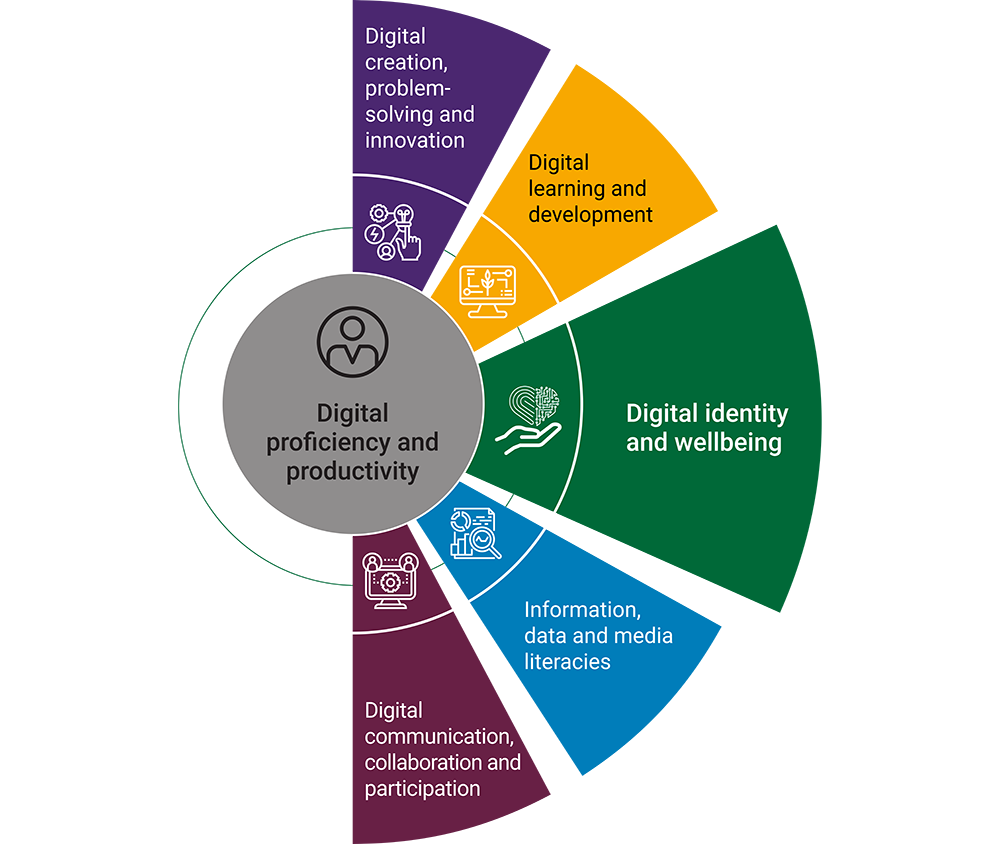
Library Research Support: Training & Events for Researchers

Mapping to national researcher skills frameworks
All library sessions are mapped to key Information Skills on the Vitae Researcher Development Framework and to the JISC Digital Capabilities for Researchers:
Vitae Researchers Development Framework
Domains of the Vitae Researcher Development Framework:
- Domain A: Knowledge and intellectual abilities (the knowledge, intellectual abilities and techniques to do research)
- A1: Knowledge base
- A2: Cognitive abilities
- A3: Creativity
- Domain B: Personal effectiveness (the personal qualities and approach to be an effective researcher)
- B1: Personal qualities
- B2: Self-management
- B3: Professional and career development
- Domain C: Research governance and organisation (knowledge of the professional standards and requirements to do research)
- C1: Professional conduct
- C2: Research management
- C3: Finance, funding and resources
- Domain D: Engagement, influence and impact (the knowledge and skills to work with others to ensure the wider impact of research)
- D1: Working with others
- D2: Communication and dissemination
- D3: Engagement and impact

JISC Digital Capabilities
Six elements of the Jisc Digital Capabilities Framework:
- Digital proficiency and productivity (functional skills)
- Information, data and media literacies (critical use)
- Digital creation, problem solving and innovation (creative production)
- Digital communication, collaboration and participation (participation)
- Digital learning and development (development)
- Digital identity and wellbeing (self-actualising)
-

Building digital capabilities: the six elements defined (this image is licensed by JISC under CC BY-NC-ND)
- Last Updated: Feb 11, 2025 2:22 PM
- URL: https://plymouth.libguides.com/researchertraining
- Print Page



